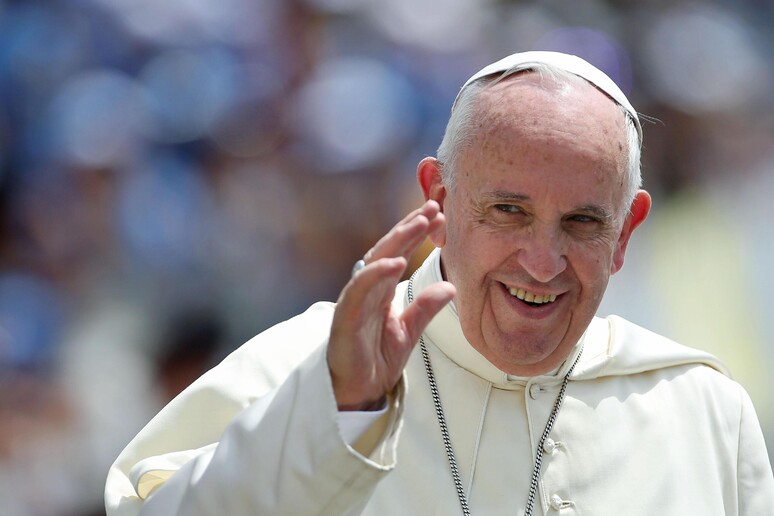Pope Francis's much anticipated second encyclical, on the environment, released on Thursday is a cry for justice for the poor and our increasingly despoiled planet. Titled Laudato Si (May You Be Praised), it contains a double appeal - a call for protection of "our common home" beset by global warming and other environmental issues, and a call for changes to the way the world deals with the poor and sustainable development.
Pope Francis said the richest 20% of the world is killing the remainder by consuming too many of the globe's resources and leaving nothing behind. The commandment 'Thou shalt not kill' is violated when the wealthy take too much, stealing from the poor and future generations, the Argentine pontiff said.
He also said that ordinary citizens are paying the price for government bailouts of banks and businesses, and warned against economic growth that comes "at all costs". It would be better to "slow down the pace" of expansion to defend the environment and all people, he said. Francis added the market can't be humanity's "paradigm" - for it "creates a mechanism of compulsive consumption in order to place its products". A "lifestyle change" is needed in the name of economic sustainability, for the current "development model" is based on the "intensive use of fossil fuels".
It has also led to an increase in deforestation "for farming purposes", unprecedented destruction of ecosystems, rising sea levels, global warming, an increase in the number of the poor, and masses of migrants trying to escape misery.
All of this is happening "amid general indifference...a sign of our loss of that sense of responsibility towards our fellow beings, on which all civil societies are founded," said Francis.
Not only that, but loss of biodiversity is an irreversible damage whose far-reaching consequences cannot be foreseen but are damaging on a spiritual as well as a genetic level, said the pope.
"Because of us, thousands of species will no longer render glory to God through their existence, nor will they be able to communicate their message to us," said Francis.
"Different species have genes that could become key resources to respond to future human needs or to solve environmental problems," he pointed out. He went on to call for "concrete solutions to the environmental crisis" - while efforts to save the environment are "often stymied not only by a refusal on the part of the powers that be, but also by the indifference" of the many, including the faithful.
Francis blasted "denial, indifference, comfortable resignation, and blind trust in technical solutions" and called for "a new universal solidarity".
The pontiff also denounced environmental degradation and said that it primarily hurts "excluded people" and for that reason, is treated as an "appendix" to other issues in discussions among policy makers. Francis said that too often, the powers that be have no contact with the poor and the suffering. The depletion of resources is often used to "create" a demand for new wars, disguised by lofty claims. War in fact always causes serious damage to the environment and raises risks of mass destruction through nuclear warfare, the pontiff warned. Developing stronger and more effective international institutions is "indispensable" in order to revert ecological degradation and create sustainable development.
http://popefrancisnewsapp.com/
ALL RIGHTS RESERVED © Copyright ANSA











